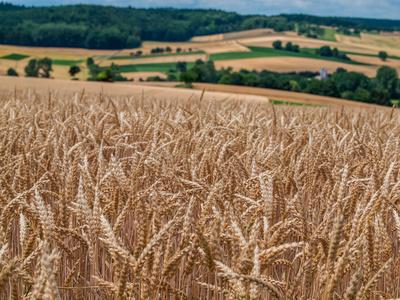
As you may know, we – that is to say the
Salzburg grain mills
– many different models of mills. From the small but fine Carina grain mill, to our family and hand mills, to our very powerful industrial mills. What makes our grain mills are quality, durability and true craftsmanship. We place particular emphasis on the use of natural materials.
The difference between our mills is, on the one hand, the range of application and, on the other hand, the associated use of different types of grain. Now the question arises: Which types of grain can you grind with which mill? Or rather, what can you not grind with your mill?
“Conventional” grains such as wheat, spelt, rye, buckwheat, etc. can be ground very well with all mill models. But then there are so many more grains and pseudo grains where a little caution should be exercised. In order to know which types of grain you can grind particularly well with your Salzburg grain mill and which types you have to be a little careful with, we have provided a mill comparison for you in the form of a table. In this detailed table you can read exactly which grain is suitable for your mill. Here you come to the mill comparison >>
What you can ‘t grind with your grinder are generally oily seeds. You should therefore avoid flaxseed, mustard seeds, sunflower seeds, poppy seeds, pumpkin seeds, nuts, almonds, etc. when grinding. Because of the consistency you can not grind: Salt, sugar, tea, flowers, leaves, buds, grasses, shoots, small woods, dried small fruits and berries, chestnuts, various seeds, etc.
And if you now want to see the endurance test of the Salzburg grain mills and convince yourself that the natural granite millstone of our mills could even grind pebbles, then follow this link: https://www.getreidemuehle.com/de/video-handmuehlen/
And the 5-star rating of our Carina grain mill, which we recently received from a customer and about which we were very pleased, you can read here >>
Address:
Gasteigweg 25,
5400 Hallein
Austria
Opening hours:
Monday to Thursday: 09 – 16:00
Friday: 09 – 12:00
Contact:
Phone: +43 6245 83282
E-mail: info@agrisan.at
Address:
Gasteigweg 25,
5400 Hallein
Austria
Opening hours:
Monday to Thursday: 09 – 16:00
Friday: 09 – 12:00
Contact:
Phone: +43 6245 83282
E-mail: info@agrisan.at

